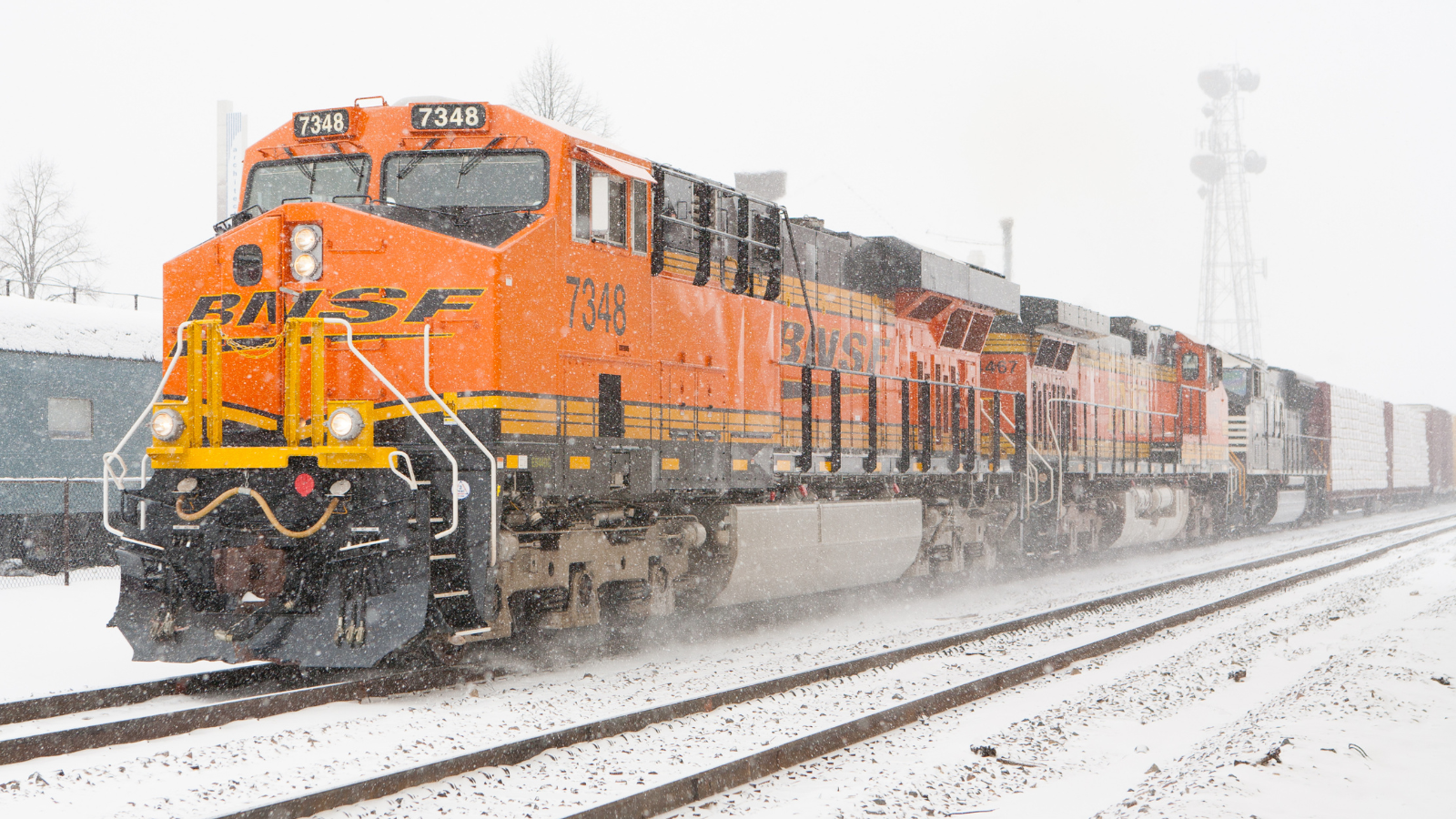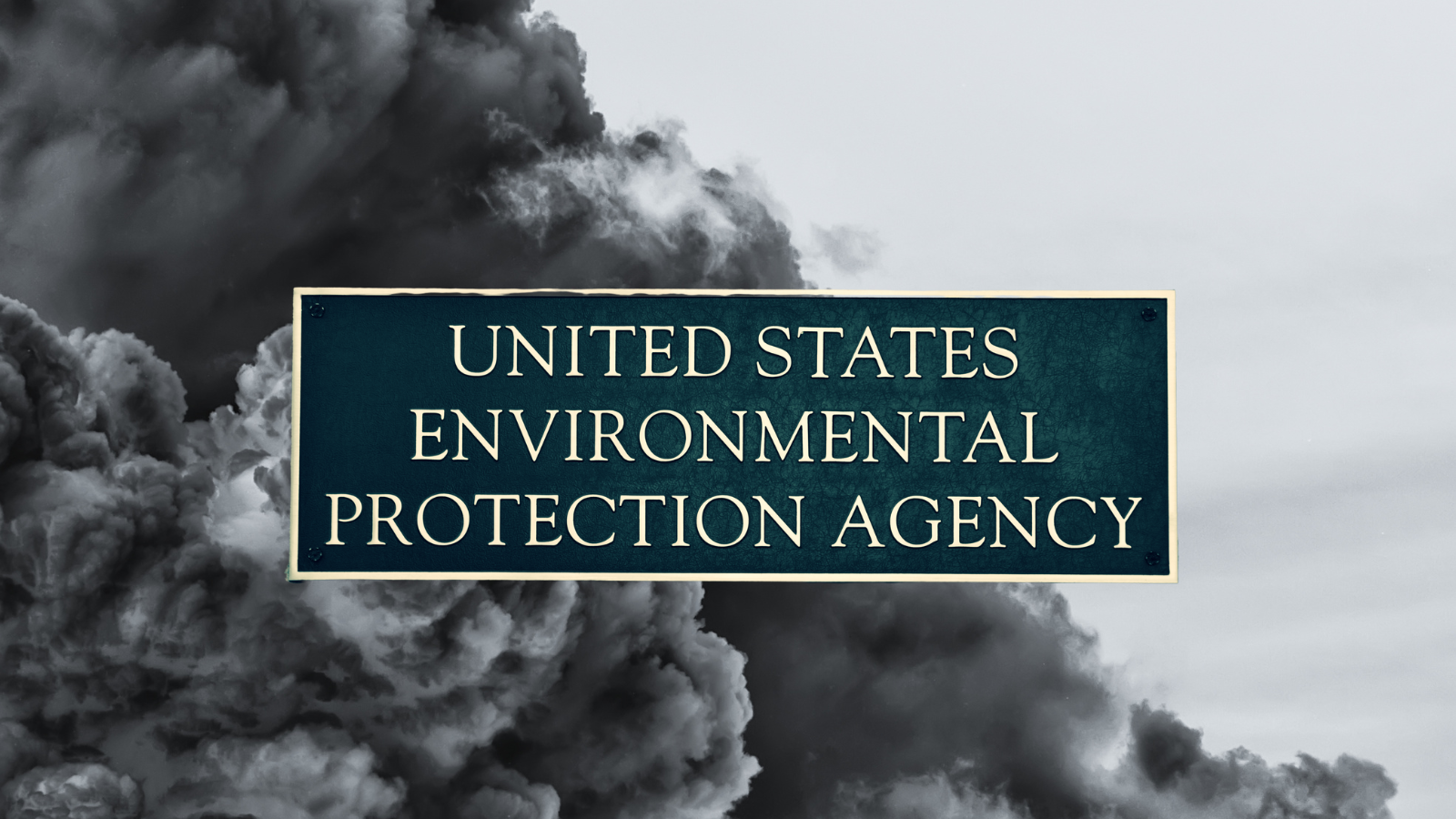Class I Railroads in North America Seek to Enhance Service Quality to Counter Trucking Competition
💪🏼 Class I Railroads in North America Seek to Enhance Service Quality to Counter Trucking Competition.
Leaders of Class I freight railroads in North America have emphasized the importance of improving service quality to compete with the trucking industry and address the decline in intermodal market share. During the COVID-19 pandemic, service disruptions led to freight backlogs, prompting concerns from shippers and government leaders. In response, railroads are focusing on delivering reliable, resilient, and long-term service. However, intermodal's domestic market share has fallen from 6.7% in 2016 to 5.5% in the second quarter of 2023, resulting in a $4 billion annual revenue loss, according to transportation analyst Larry Gross. To regain market share, intermodal must offer reliable, competitive, and cost-effective services compared to trucking. Railroads have invested in improving operations, train speeds, and on-time performance, but some shippers remain skeptical, given the competitive challenges posed by the trucking industry's capacity tightening over the past year.
The railroad industry has filed a lawsuit to block a new rule in Ohio that mandates a two-person crew for freight trains and imposes stricter regulations on wayside detectors.
The recent legislation proposed by Senators Tammy Baldwin and Roger Marshall called the "Reliable Rail Service Act," has raised concerns reminiscent of the 2008 financial crisis.
A report by the Association of American Railroads (AAR) highlights the freight railroad industry's significant potential in combating climate change.
Following the resolution of the contract dispute at West Coast ports, BNSF Railway Co. (BNSF) has announced its readiness to handle an anticipated surge in intermodal volumes once freight levels in the region return to normal.
West Coast port tensions and slowdowns caused by labor disputes are spreading congestion to freight railroads, raising concerns for the supply chain.
Before the Norfolk derailment, the rail industry was attempting to transform its public image.
Under Norfolk Southern Railroad’s new safety plan, the company will be installing more temperature sensors along rail lines to measure the output on train wheel bearings as they are in motion.
After the fiery train wreck that derailed and spilled hazardous waste into East Palestine, Ohio, many are pointing at unreliable heat sensors.
After the derailment that resulted in a toxic chemical spill in the region, causing headaches and speculation over long term health and environmental effects, laywers representing locals are pointing the finger at the railroad.
The efforts underway in East Palestine, Ohio to remove contaminated waste from the location of a fiery train derailment in early February have been “temporarily halted” by the Environmental Protection Agency (EPA).
There has been many quality of life complaints that have arose during contract negations between the railroad unions and companies.













Union Pacific (UP) is set to resume its efforts to implement one-person train crews by conducting a pilot program in Nebraska and Colorado.